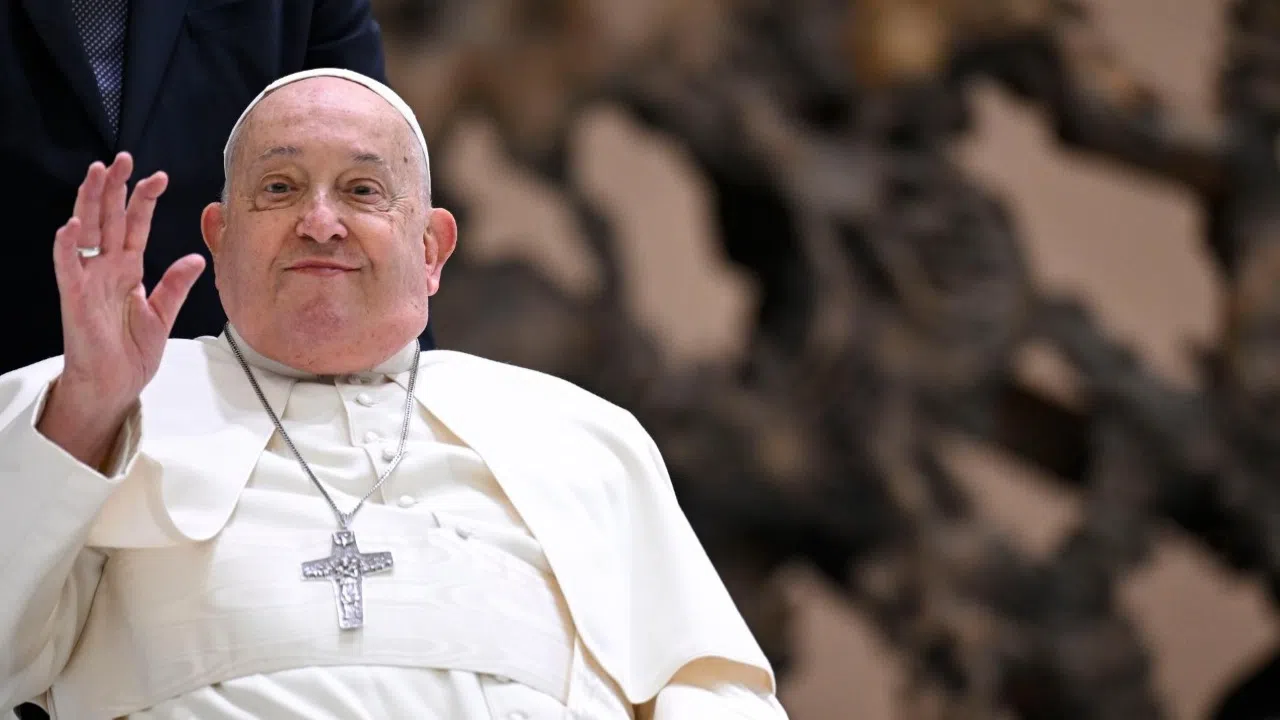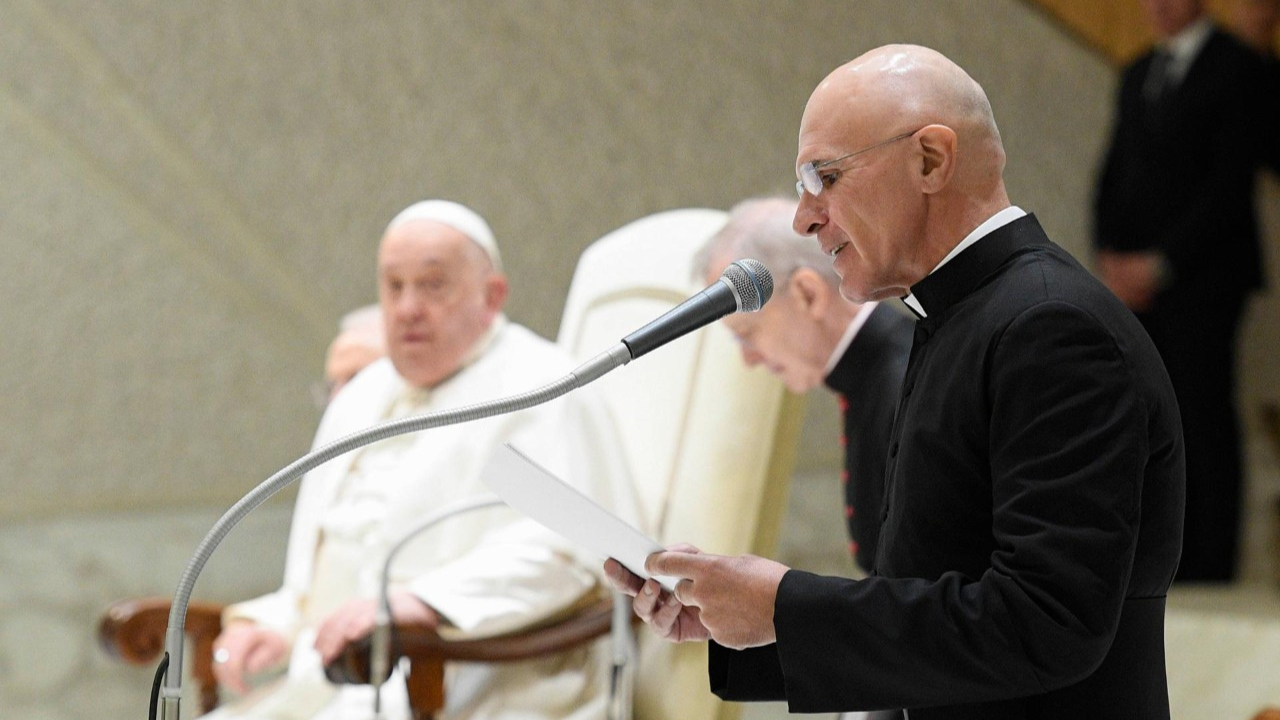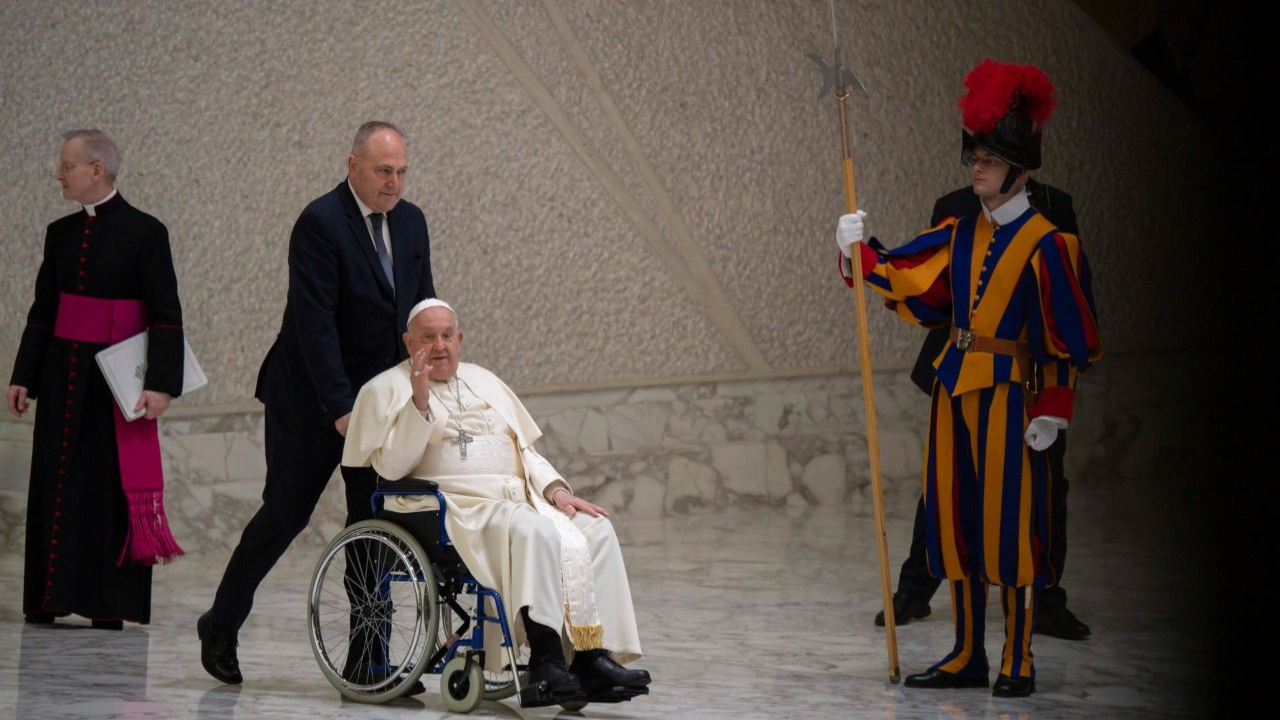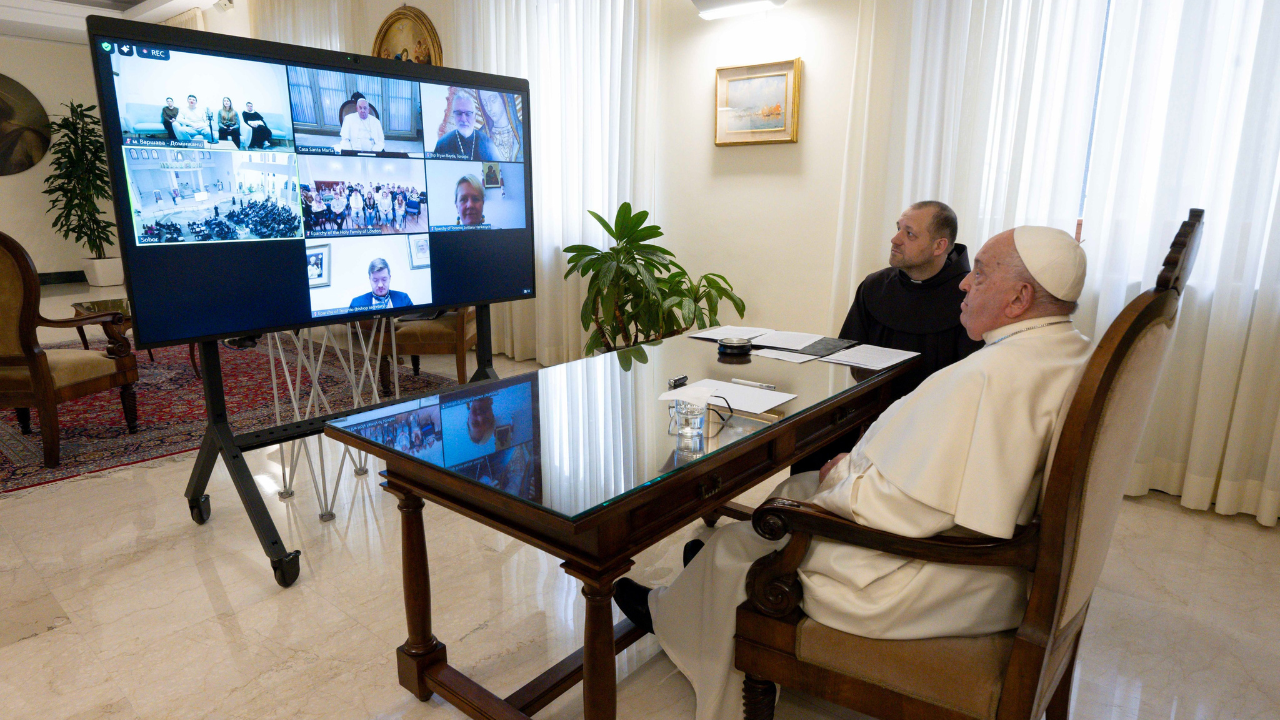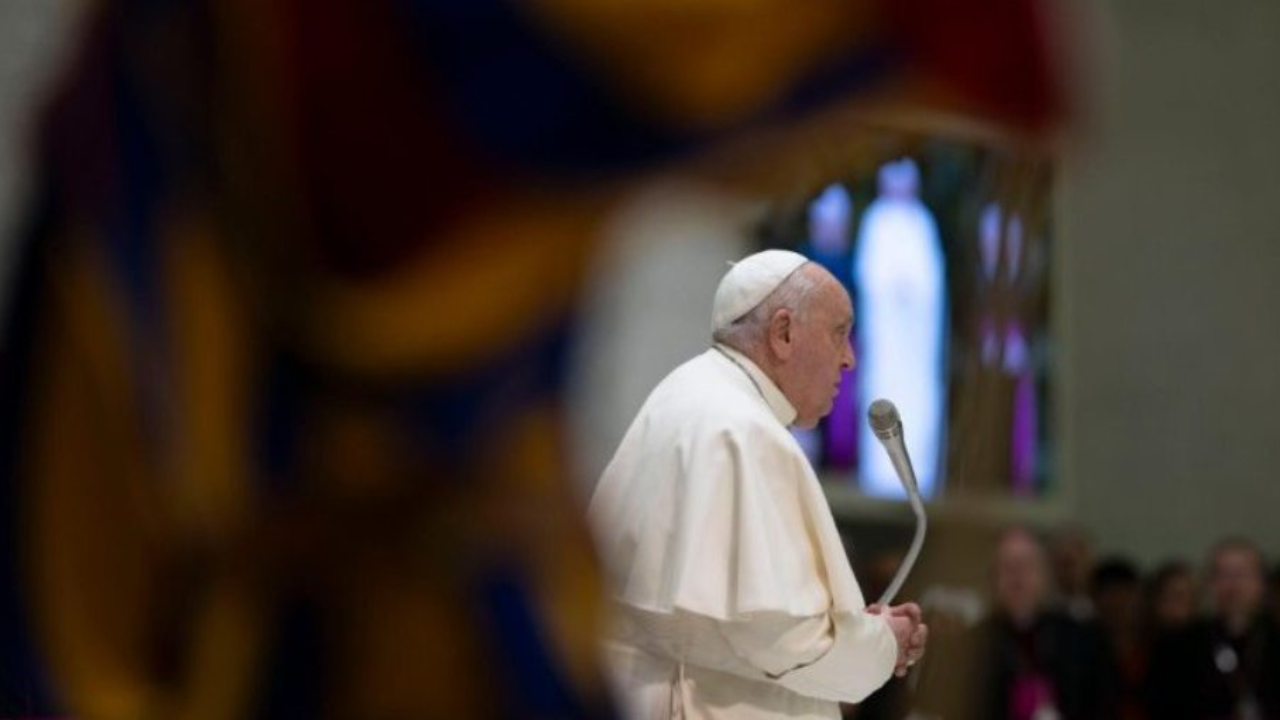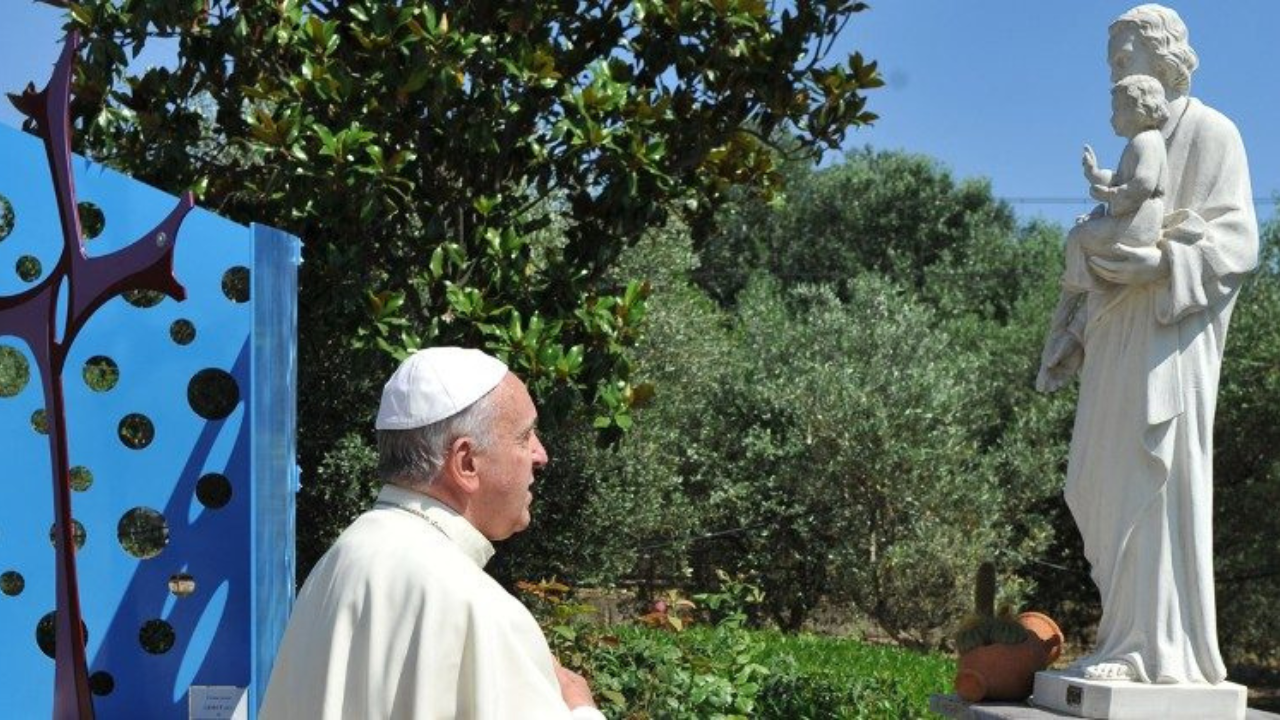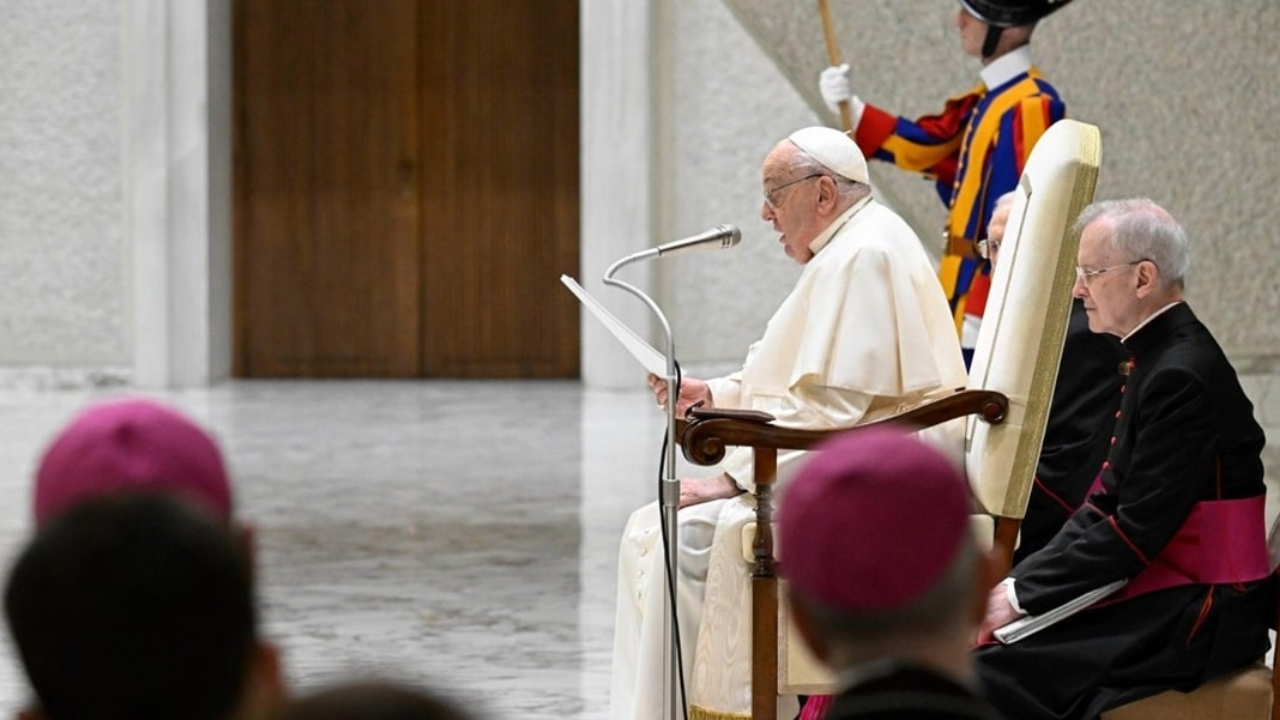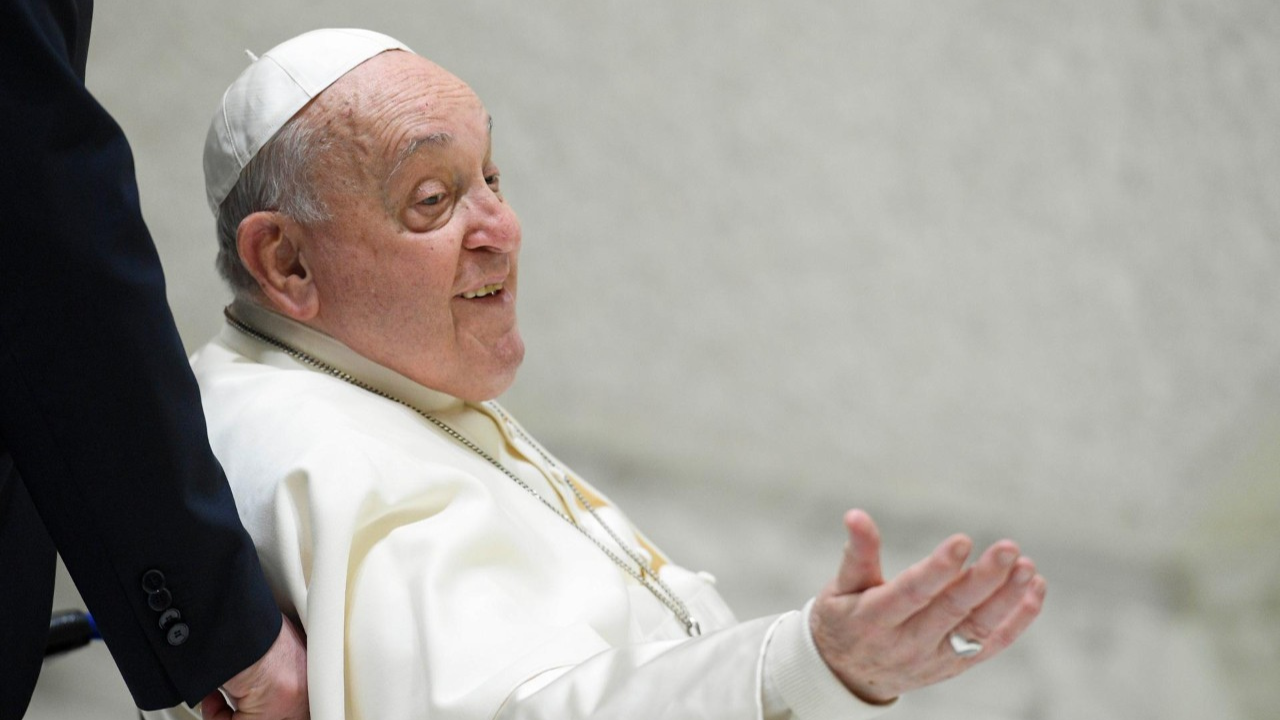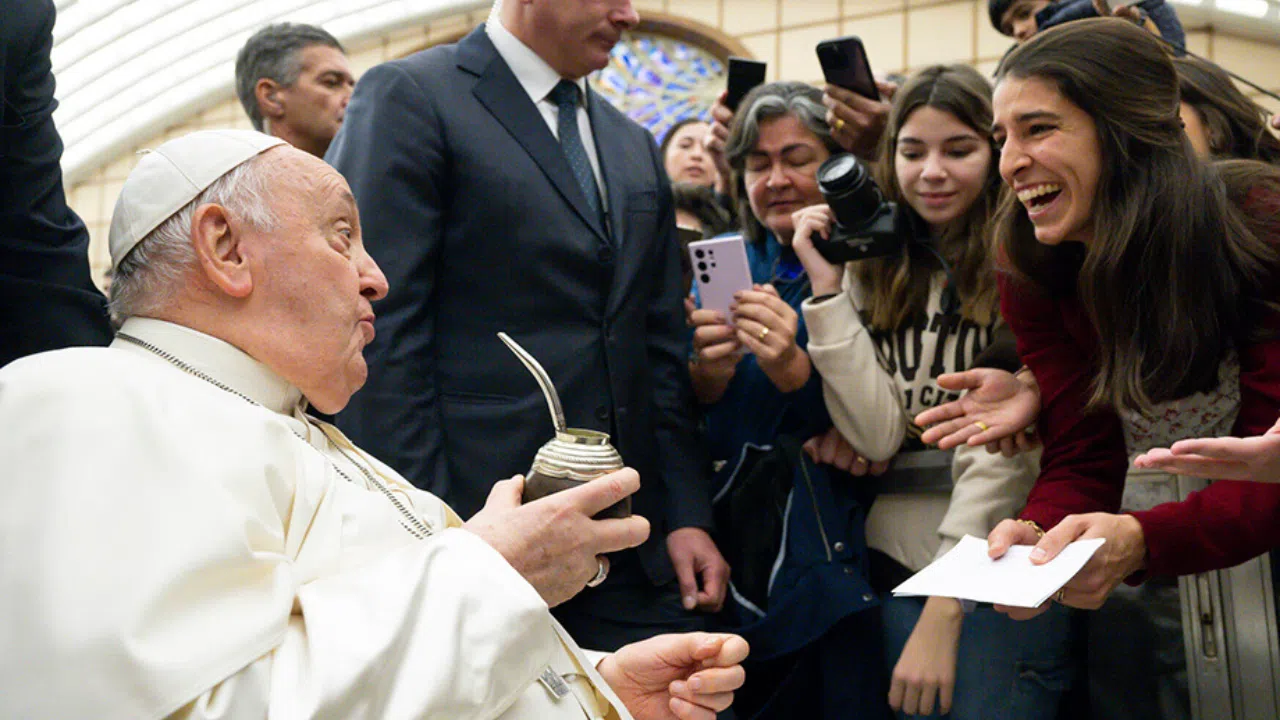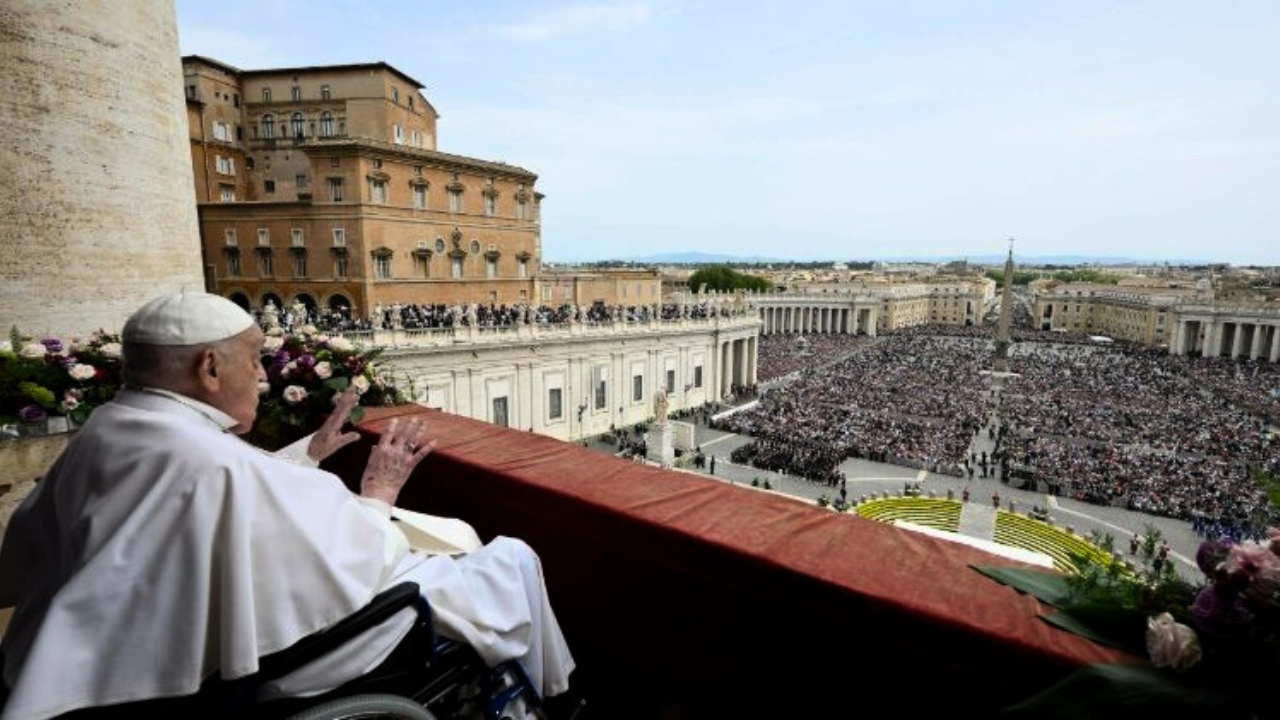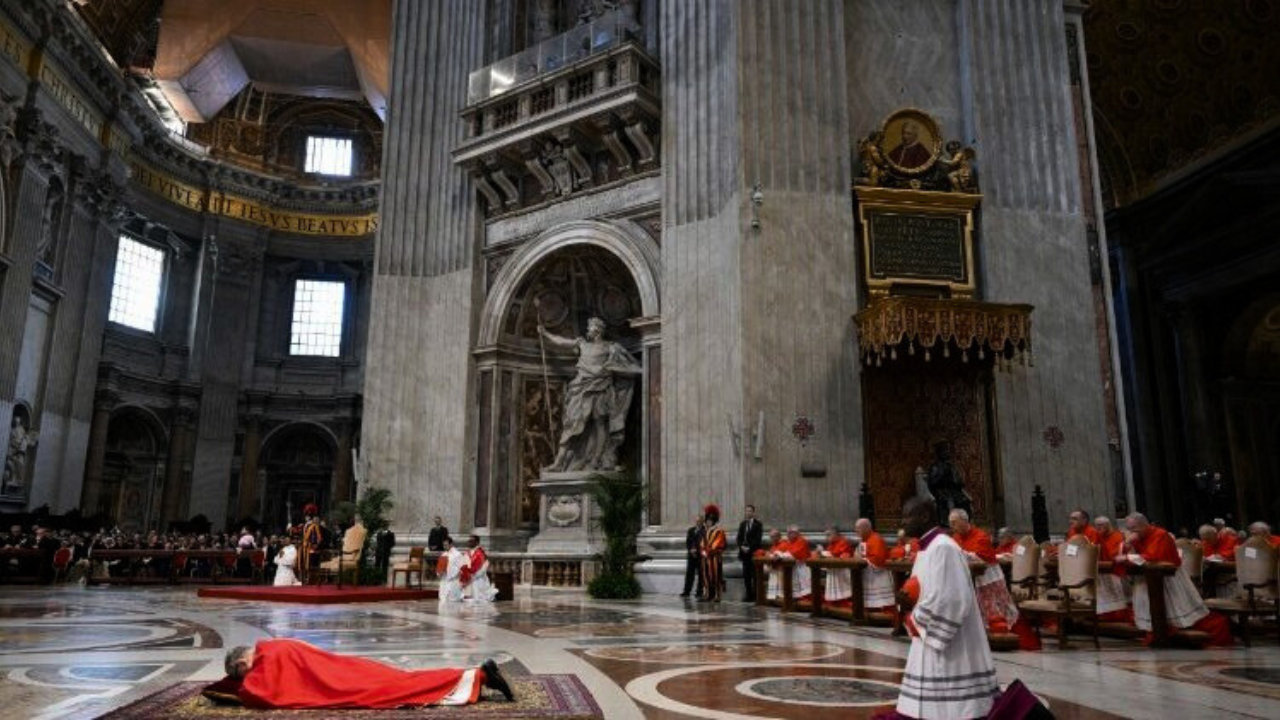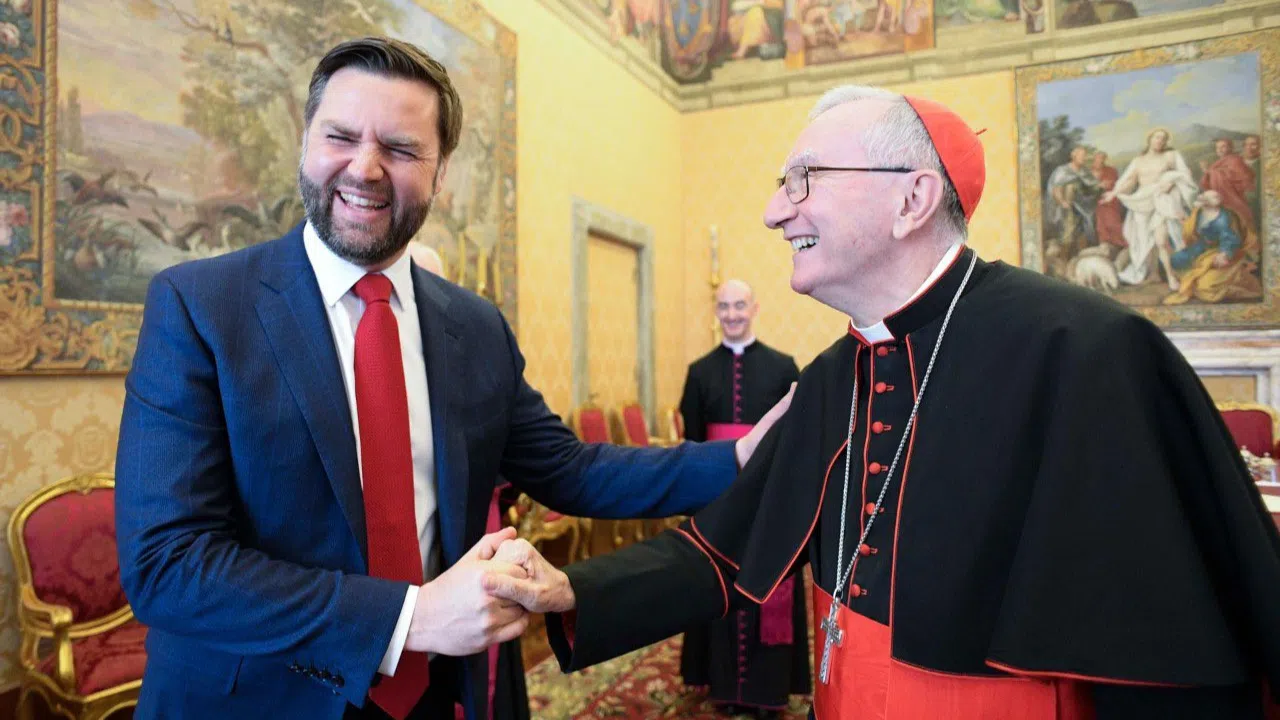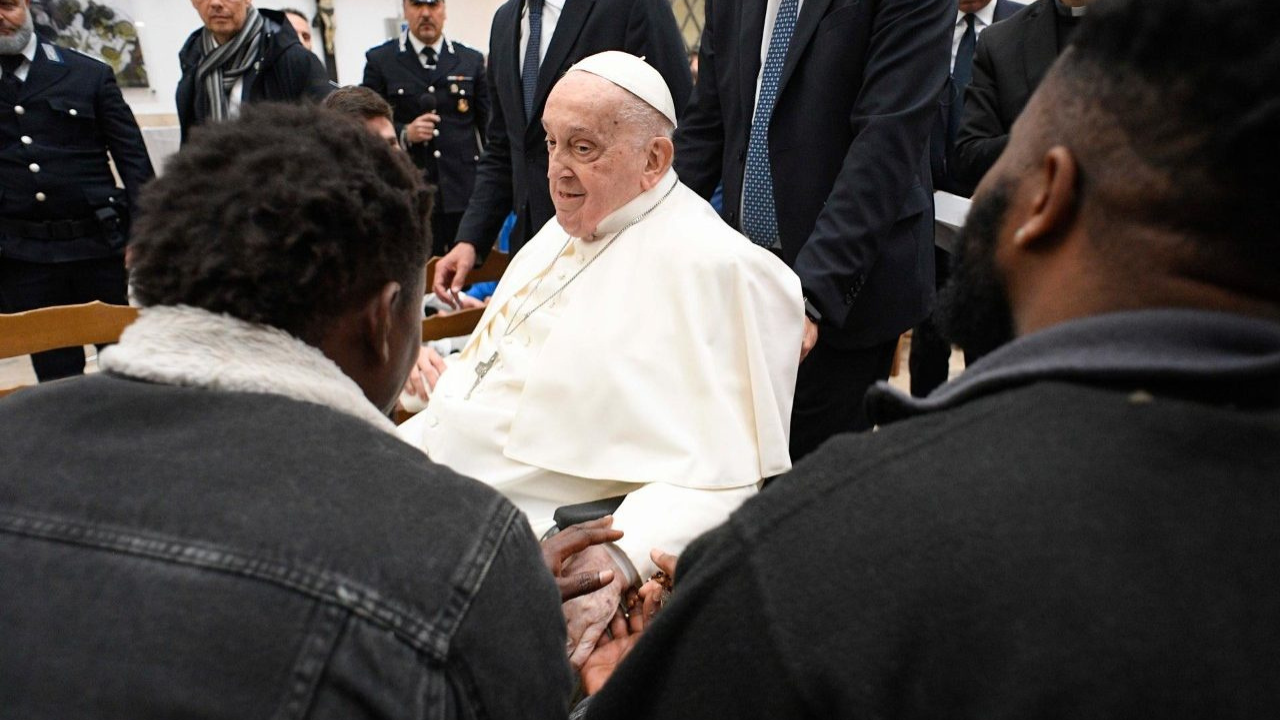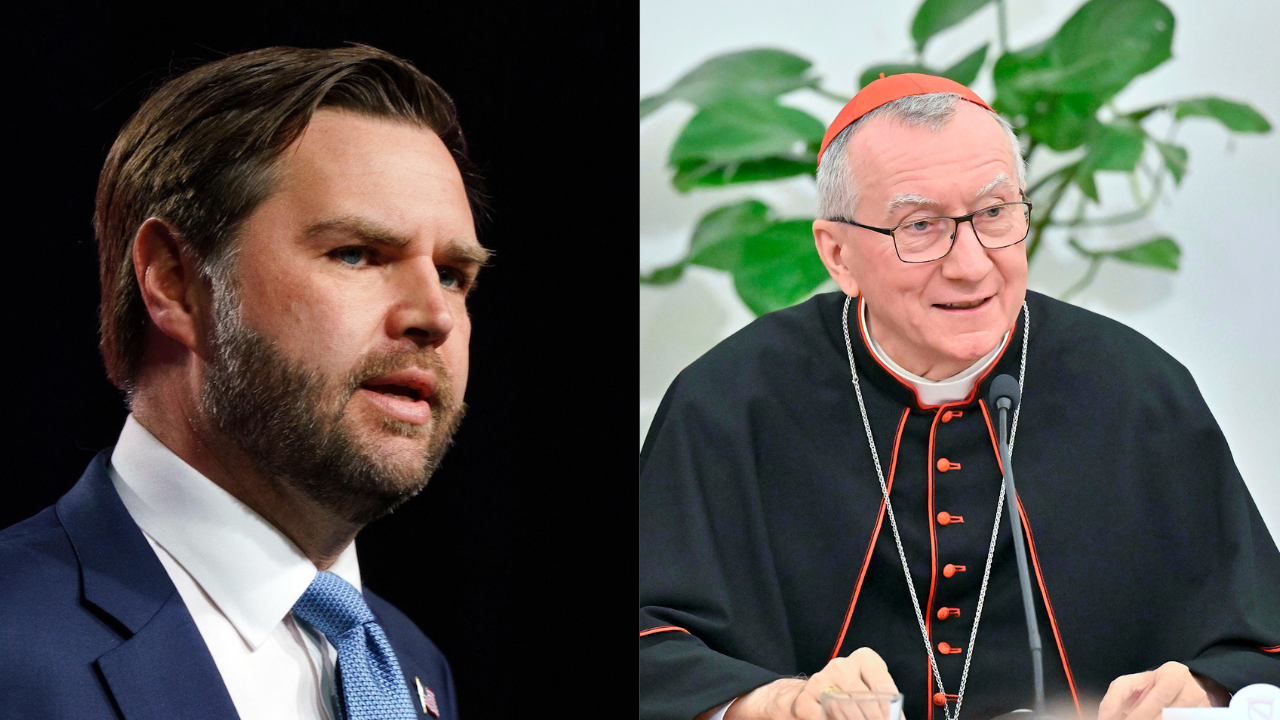Pope Francis began a new catechesis on the Beatitudes, explaining they are the “identity card” for Christians. He noted Jesus did not impose them on the disciples, but proposed them as the “path to true happiness.”
The pope said Christians should remember it is not the present situation which could make one joyful, but the new promise of God’s grace. He recounted this grace is available through the eight Beatitudes or “doors” through which the power of God’s love can transform lives and history.
SUMMARY OF CATECHESIS IN ENGLISH
Dear Brothers and Sisters,
Today we begin a new series of catechesis on the Beatitudes in Matthew’s Gospel. Jesus’ teaching provides a kind of “identity card” for Christians. Like Moses on Sinai, Jesus gives these “new commandments” from a hillside. He does not impose them but instead proposes them as the path to true happiness in the future that God promises to his faithful people.
Each Beatitude is composed of three parts: the opening word “Blessed”, followed by the situation in which those who are called blessed find themselves – poor in spirit, mourning, thirsting for justice – and finally the reason for which they are blessed.
The Beatitudes teach that we are blessed not by our present situation, but rather by the new condition that is ours by God’s grace. This first sermon of Jesus thus presents eight “doors” through which we can encounter the power of God’s love to transform our lives and history.
The Beatitudes point us beyond our limitations, tears and failures towards that Paschal joy born of Christ’s own victorious passage from death to life.
I greet the English-speaking pilgrims and visitors taking part in today’s Audience, especially
the groups from the United States of America. Upon all of you and your families, I invoke the joy and peace of our Lord Jesus Christ. May God bless you!
